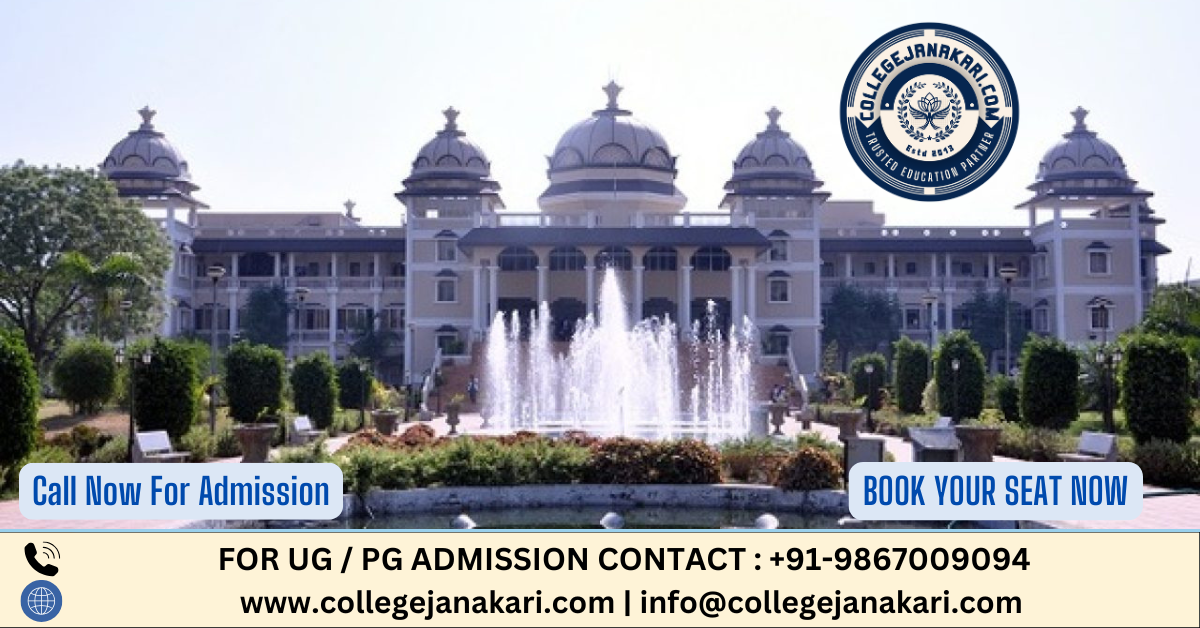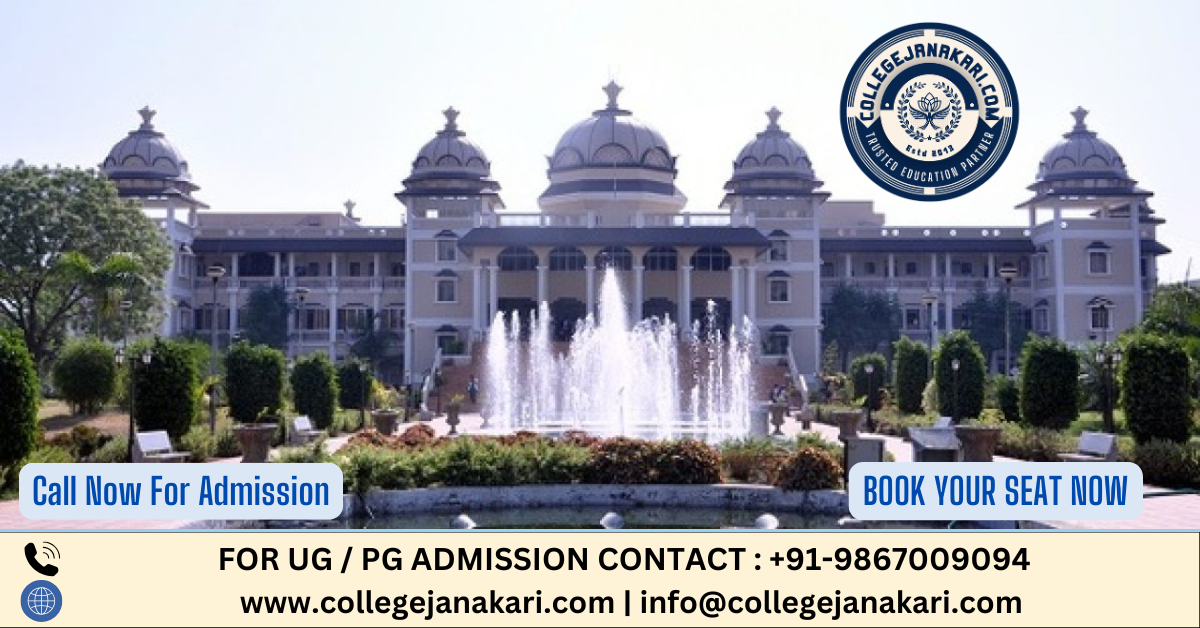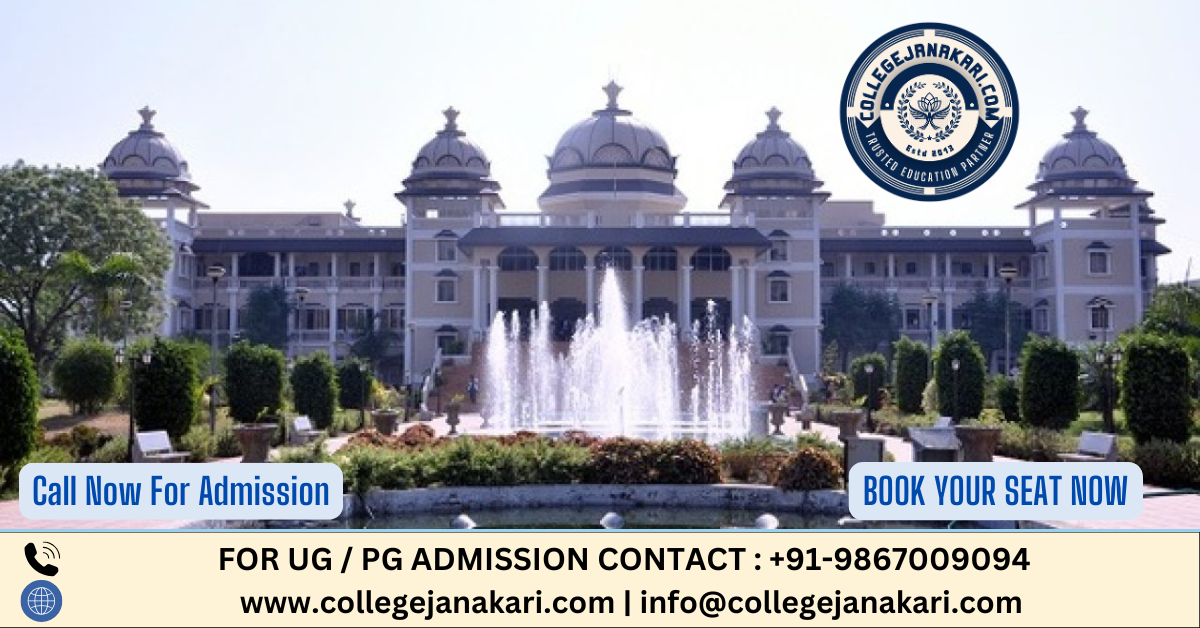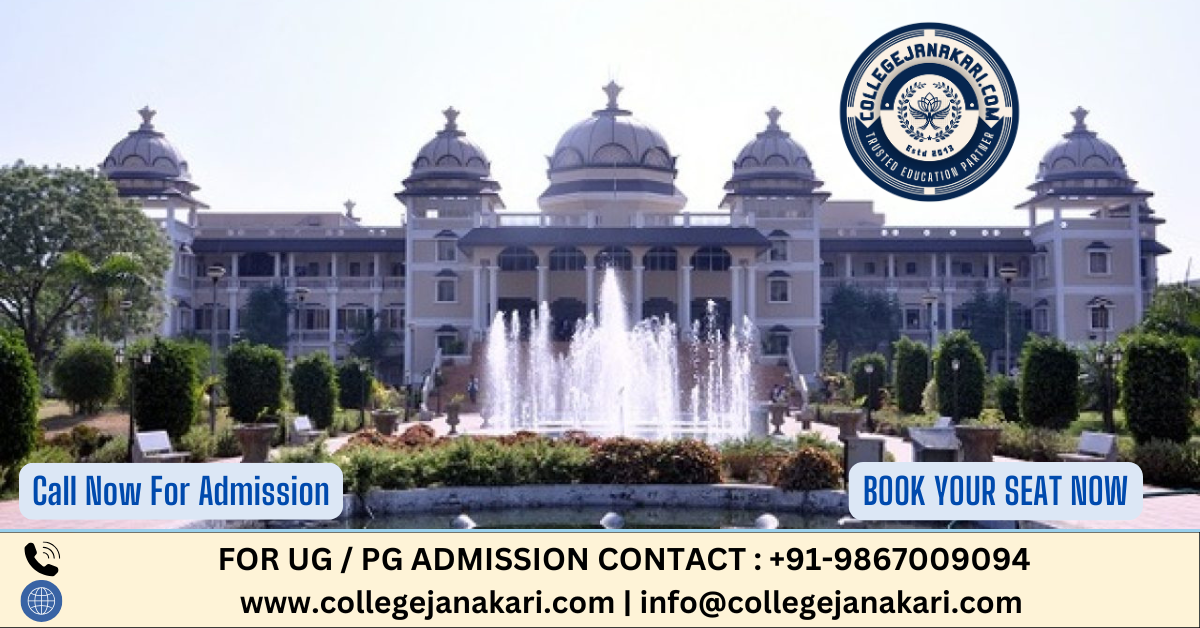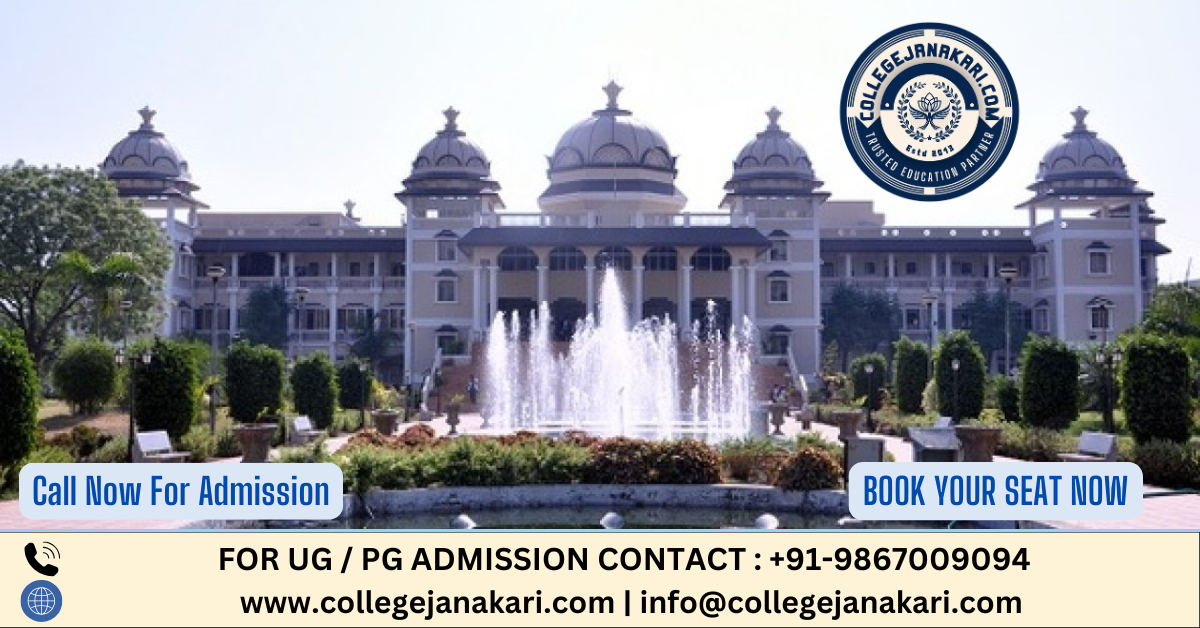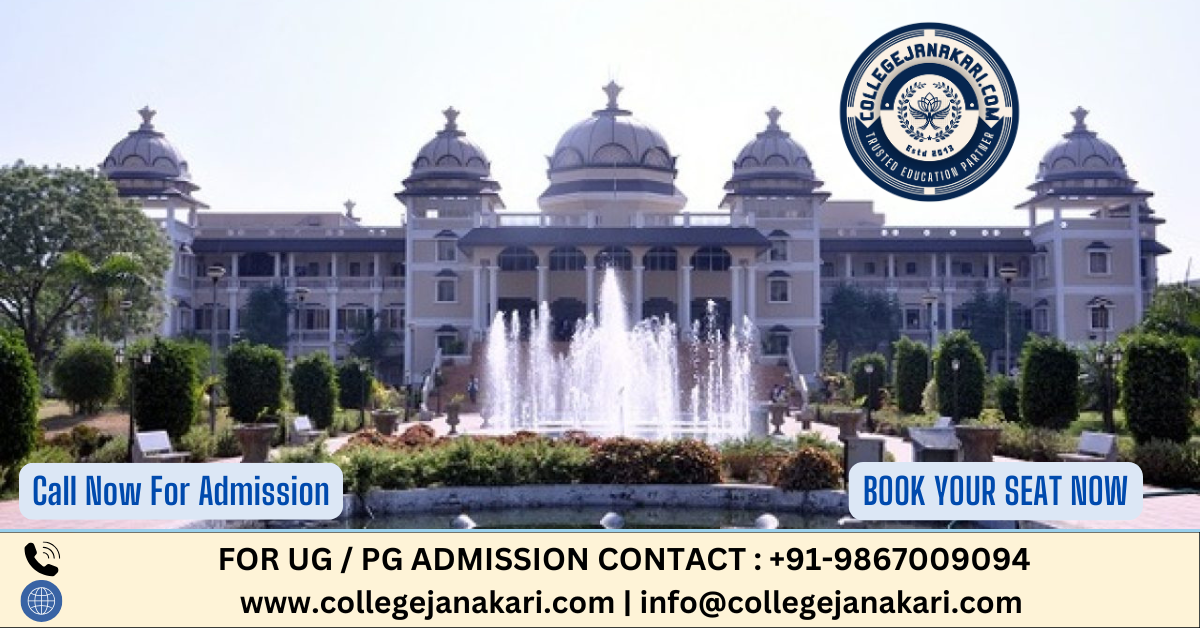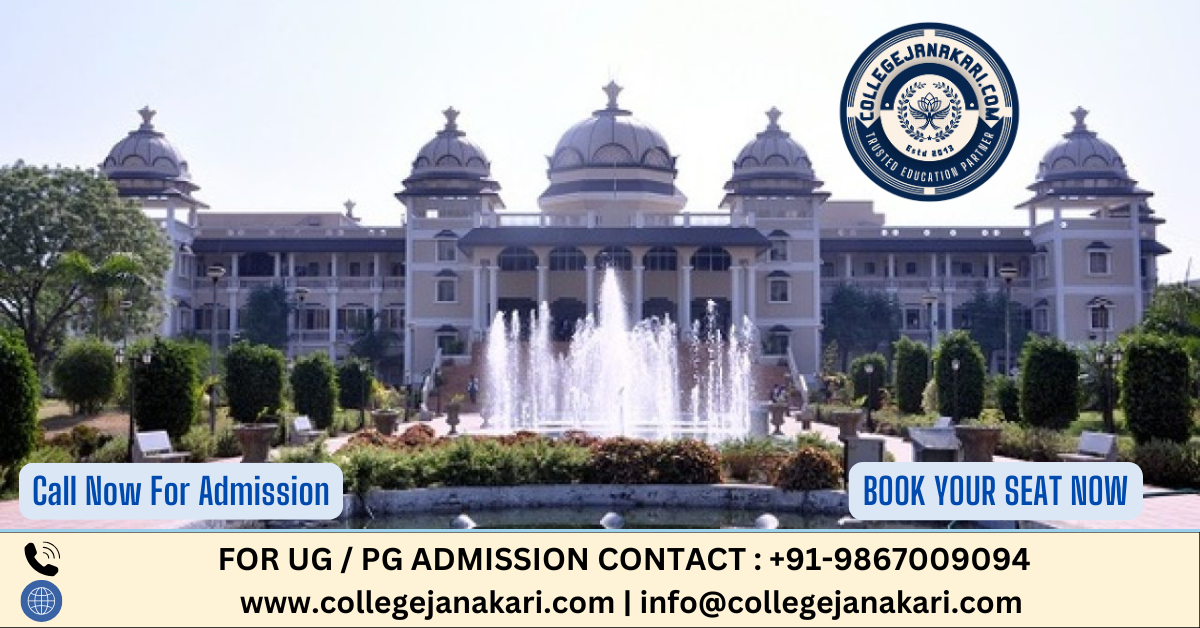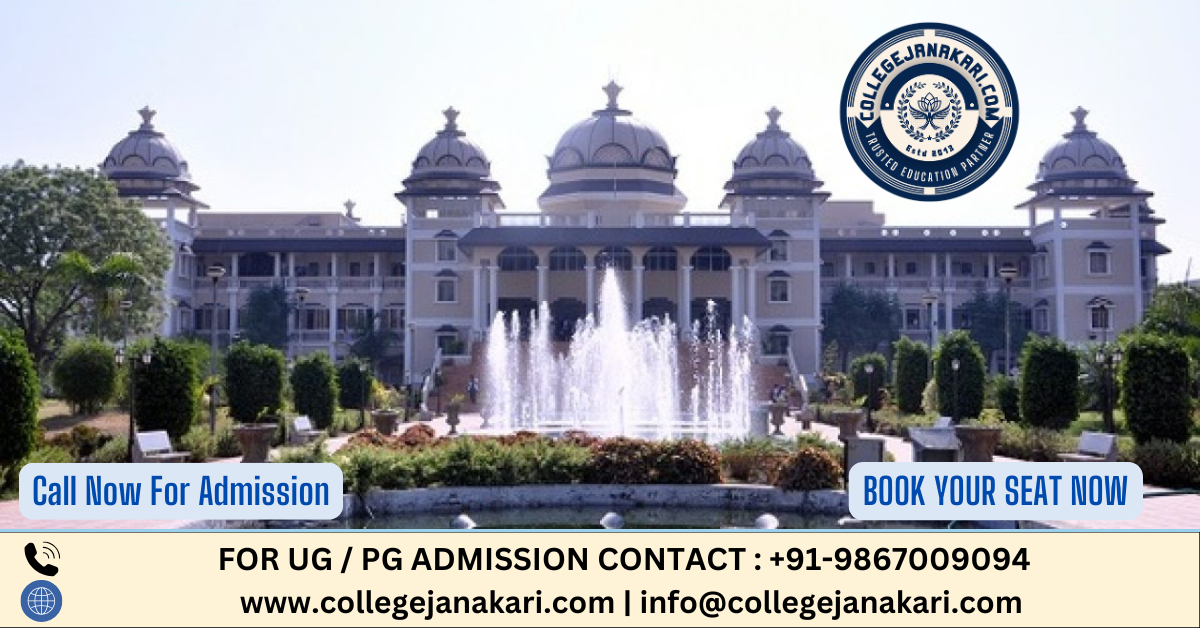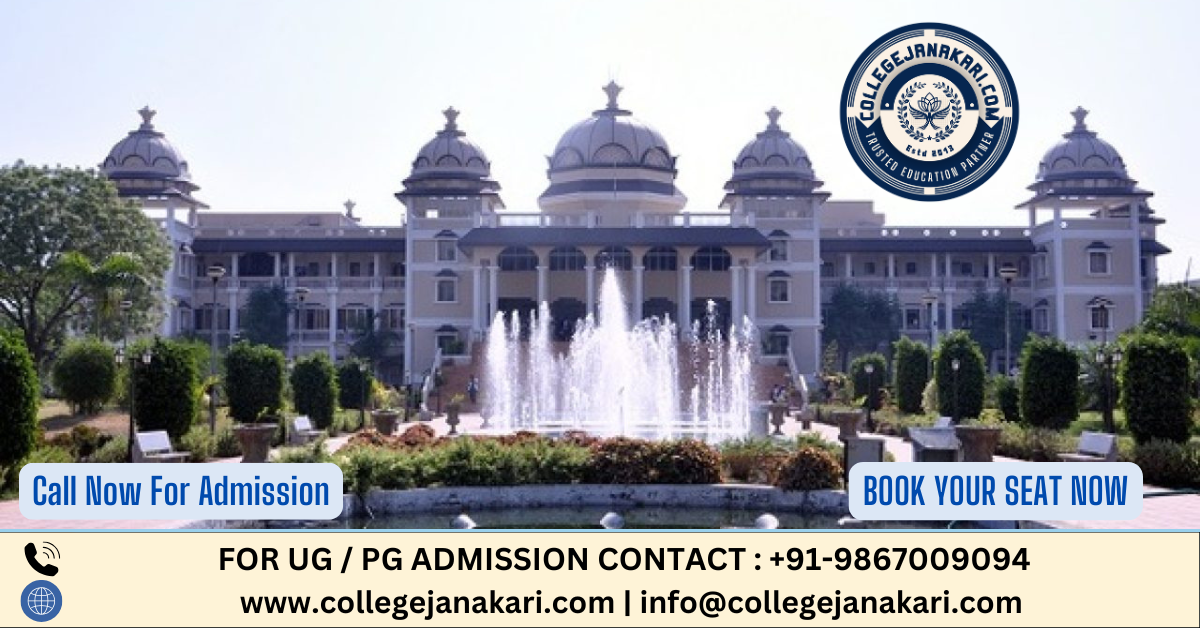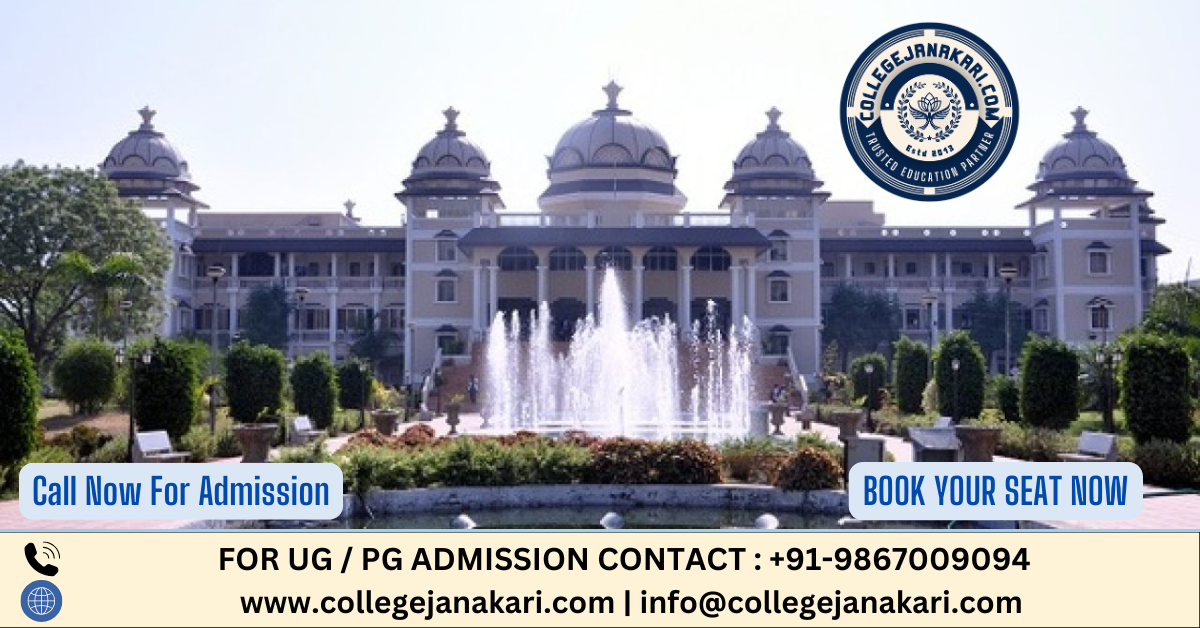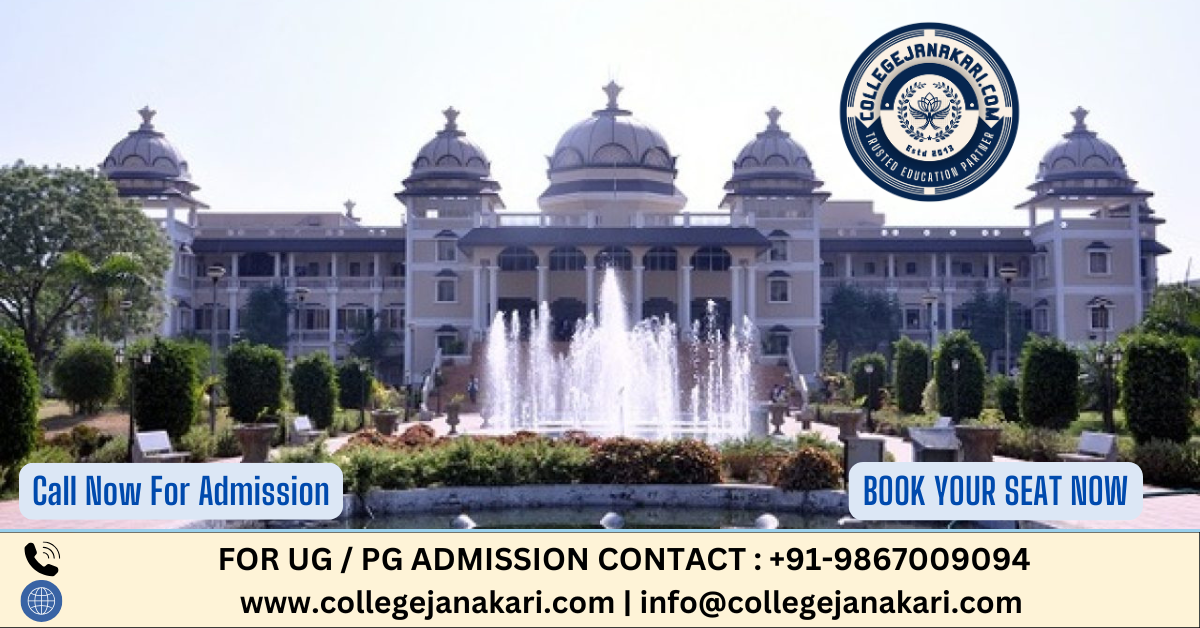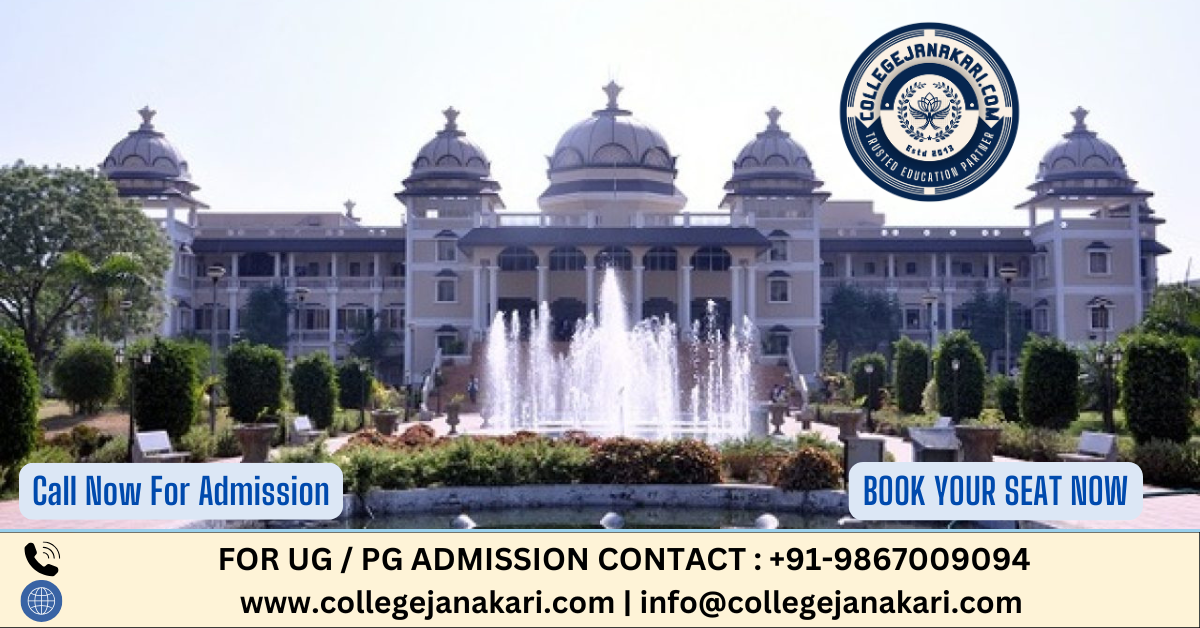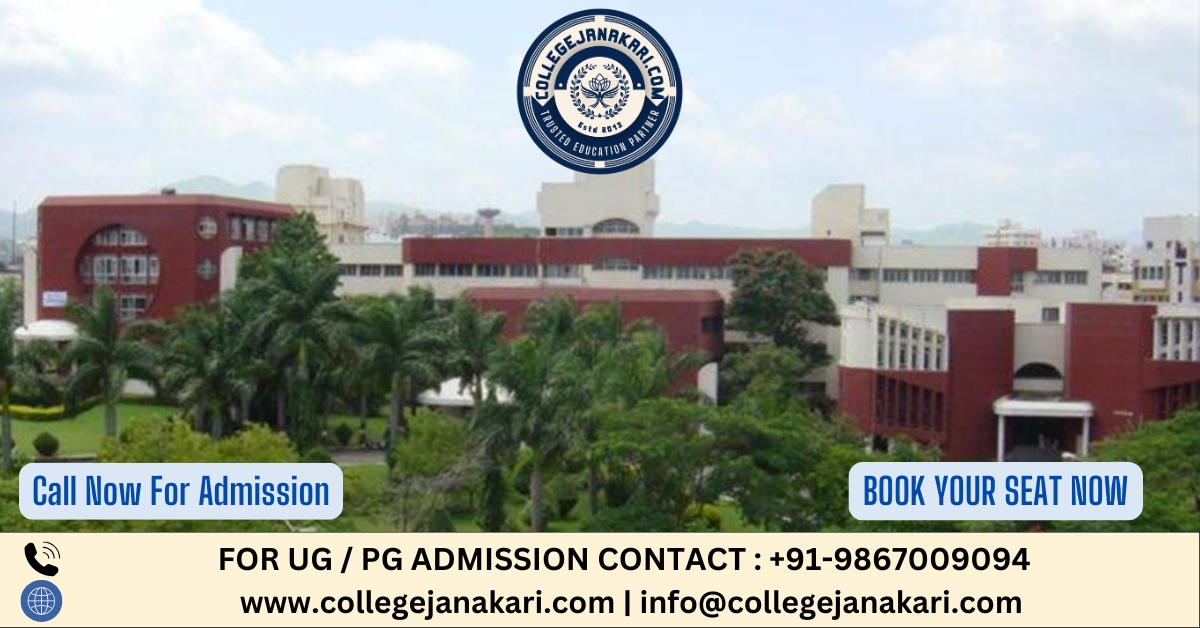
DM Interventional Radiology at Bharati Vidyapeeth Medical College Pune
DM Interventional Radiology or Doctorate of Medicine in Interventional Radiology also known as DM in Interventional Radiology is a super speciality level course for doctors in India that they do after completion of their postgraduate medical degree course. The duration of this super speciality course is 3 years, and it focuses on medical imaging to guide minimally invasive surgical procedures that diagnose, treat, and cure many kinds of conditions. Imaging techniques used include fluoroscopy, MRI, CT, and ultrasound.
The course is a full-time course pursued at various recognized medical colleges across the country. Some of the top medical colleges offering this course include Government Medical College, Nagpur, Madras Medical College, Chennai, Christian Medical College, Vellore and more.
Admission to this course is done through the NEET-SS Entrance exam conducted by the National Board of Examinations, followed by counselling based on the scores of the exam that is conducted by DGHS/MCC/State Authorities.
The fee for pursuing DM (Interventional Radiology) varies from college to college and may range from Rs. 1,50,000 to Rs. 20,00,000 per year.
After completion of their respective course, doctors can either join the job market or can pursue certificate courses and Fellowship programmes recognised by NMC and NBE. Candidates can take reputed jobs at positions as Senior residents, Consultants etc. with an approximate salary range of Rs.35 lakhs to Rs. 80 lakhs per year depending upon their expertise.
What is DM in Interventional Radiology?
Doctorate of Medicine in Interventional Radiology, also known as DM (Interventional Radiology) or DM in (Interventional Radiology) is a three-year super speciality programme that candidates can pursue after completing a postgraduate degree.
Interventional Radiology is the sub-speciality of Radiology which focuses on utilizing minimally-invasive image-guided procedures to diagnose and treat diseases in nearly every organ system. The concept behind interventional radiology is to diagnose and treat patients using the least invasive techniques currently available to minimize risk to the patient and improve health outcomes. These procedures have less risk, less pain and less recovery time in comparison to open surgery.
The postgraduate students must gain ample knowledge and experience in the diagnosis, and treatment of patients with acute, serious, and life-threatening medical and surgical diseases.
PG education intends to create specialists who can contribute to high-quality health care and advances in science through research and training.
The required training done by a postgraduate specialist in the field of Interventional Radiology would help the specialist to recognize the health needs of the community. The student should be competent to handle medical problems effectively and should be aware of the recent advances in their speciality.
The candidate is also expected to know the principles of research methodology and modes of the consulting library. The candidate should regularly attend conferences, workshops and CMEs to upgrade her/ his knowledge.
Course Highlights
Here are some of the course highlights of DM in Interventional Radiology
|
Name of Course |
DM in Interventional Radiology |
|
Level |
Doctorate |
|
Duration of Course |
Three years |
|
Course Mode |
Full Time |
|
Minimum Academic Requirement |
Candidates must have a postgraduate medical Degree in MD/DNB (Radiodiagnosis) obtained from any college/university recognized by the Medical Council of India (Now NMC)/NBE, this feeder qualification mentioned here is as of 2022. For any further changes to the prerequisite requirement please refer to the NBE website. |
|
Admission Process / Entrance Process / Entrance Modalities |
Entrance Exam (NEET-SS) INI CET for various AIIMS, PGIMER Chandigarh, JIPMER Puducherry, NIMHANS Bengaluru Counselling by DGHS/MCC/State Authorities |
|
Course Fees |
Rs.1,50,000 to Rs.20,00,000 per year |
|
Average Salary |
Rs.35 lakhs to Rs. 80 lakhs per year |
Eligibility Criteria
The eligibility criteria for DM in Interventional Radiology are defined as the set of rules or minimum prerequisites that aspirants must meet to be eligible for admission, which includes:
|
Name of DM course |
Course Type |
Prior Eligibility Requirement |
|
Interventional Radiology |
DM |
MD/DNB (Radiodiagnosis) |
Bharati Vidyapeeth (Deemed to be University) Medical College, Pune was established in February 1989 and is renowned for its academic excellence and infrastructural facilities. The College is situated on main Pune – Satara Road in the southern part of Pune city about 5 km. from Swargate (one of the major bus terminus in the city).
College Outline
Before we go to finish the college overview, allow us to take a look at the College details of Bharati Vidyapeeth Medical College Pune.
| College Name | Bharati Vidyapeeth Medical College Pune |
| Famous Name | BVMC Pune, Bharati Medical College Pune |
| Location | Pune, Maharashtra |
| Year of Establishment | 1989 |
| Management | (Deemed) Private |
| Affiliated to | Bharati Vidyapeeth University (Deemed), Pune |
| Recognition by | National Medical Commission (NMC), New Delhi |
| Affiliated Hospital | Bharati Hospital Pune |
| No. of Beds | 830 (Teaching Bed in Hospital) |
| OPD | 2000 PLUS |
| Admission Procedure | NEET SS |
| Super Specialization Courses | DM/M.Ch |
| Counselling Procedure | MCC NEET SS Counselling |
| Eligibility Criteria | Must Qualify NEET SS Exam & MD/MS degree. |
| DM/MCH Intake | 23 |
| Entrance Exam | NEET UG, NEET PG , NEET SS |
| Counselling Conducted Authority | Medical Counselling Committee (MCC) |
| Fee Structure for DM Interventional Radiology | MGMT Quota Fees Structure : - 12,00,000 / Yr |
| Seat Matrix For DM Interventional Radiology | 01 |
| Official Website | http://mcpune.bharatividyapeeth.edu/ |
| Contact Number | +91 9867009094 |
